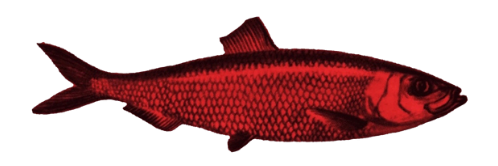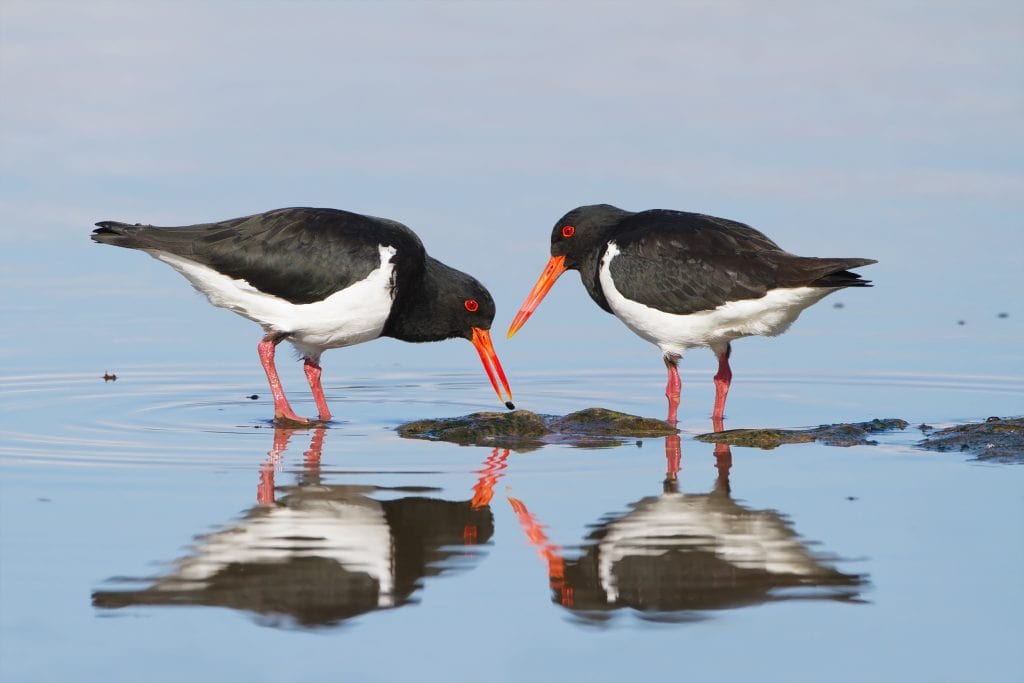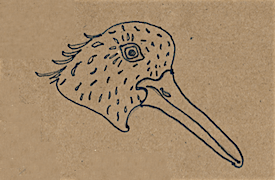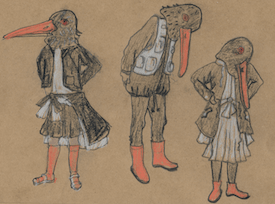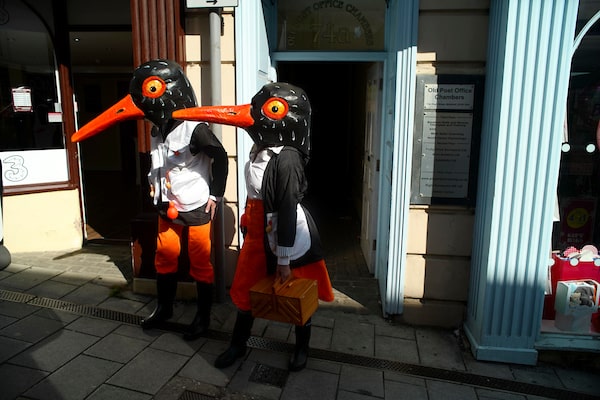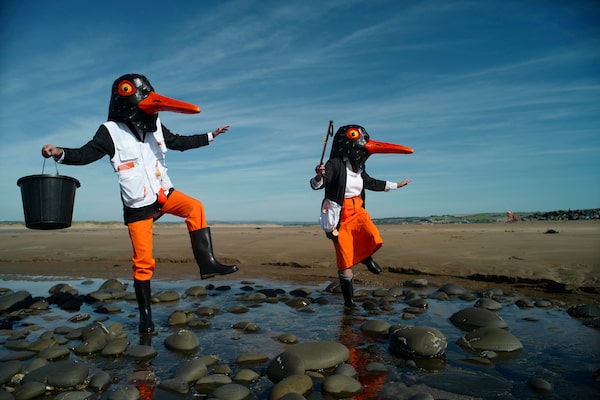Oystercatchers are fascinating birds. They can live very long lives – a male which was tagged as a chick in 1970 was caught in 2010, making him over 40 years old. A unique aspect about these birds is that they adopt one of two different methods for eating shellfish.
- The Hammerer uses their beak to smash into the shell
- The Stabber uses their beak to prize the shell apart.
How a pair eat will determine the behaviour of their chicks. Researchers predict that at some point these could evolve into different species.
Some Oystercatchers that live on the Taw/Torridge Estuary are resident all year, spending much of their time in mud flats that team with cockles, mussels and worms – like the Skern on Northam Burrows or Isley Marsh near Yelland. Others arrive from Northern climes in the autumn and spend the winter here, returning North for the breeding season. Some of these migrant birds come from Scotland or from further flung places like the Faroe Islands. Did you know – the Oystercatcher is the national bird of the Faroe Islands? For the Faroese, the arrival of the Oystercatcher marks the beginning of Spring and they celebrate them at a national holiday called St. Gregory’s Day or Grækarismessa.
Our Oystercatcher characters travel between North Devon and the Faroe Islands. After a flight of 766 miles, they arrive back in Bideford more than a little dazed and confused and need a bit of help to get to the sea, where they can find their wings again.
If you’d like to find more about Oystercatchers and the other birds that live around the Estuary, why not visit the Northam Burrows Visitors Centre, Sandymere Road, Northam, EX39 1XS, search the website of the Royal Society for the Preservation of Birds or visit one of their reserves. This wonderful landscape is overseen by the North Devon Coasts Area of Outstanding Natural Beauty which gathers information about how best to protect it and holds events throughout the the year.
